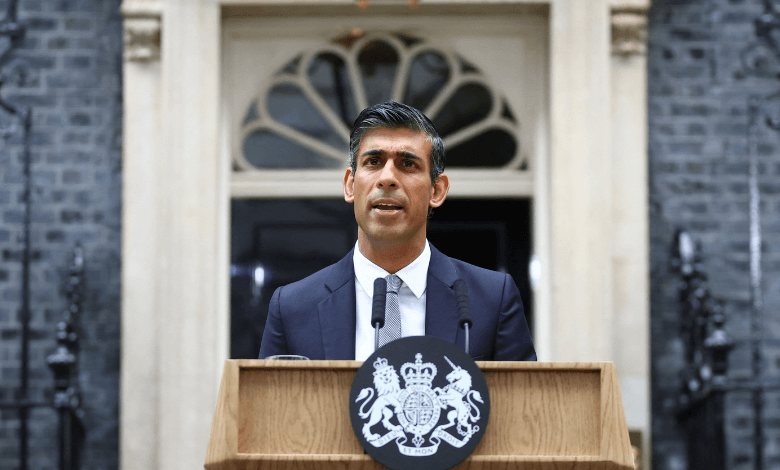UK’s Pragmatic Pivot on Net Zero

To achieve net zero carbon emissions by 2050, the United Kingdom, a global leader in climate action, is revising its strategy. Recently, Prime Minister Rishi Sunak declared a change in direction towards a more practical strategy, stressing the requirement for a balanced strategy that takes into account costs, public opinion, and electoral chances. This article explores the ramifications of the UK’s policy change, its underlying causes, and the responses it has elicited.
Policy Adjustments and Rationale
The UK government has decided to compromise on its goal of having net zero carbon emissions by 2050. The sale of petrol and diesel vehicles will no longer be allowed starting in 2030; the energy efficiency standards for rental homes will be loosened; and plans to switch from gas boilers to heat pumps may be rethought. These are just a few of the significant changes that Prime Minister Sunak detailed.
Political and Economic Context
With a general election approaching and growing worries about the net zero pledge’s financial ramifications, this policy change comes at a crucial time. The need to combine climate pledges with public sentiment and economic stability is made more pressing since Sunak’s Conservative Party, which is lagging in the polls, is experiencing a cost-of-living crisis.
Public Opinion and Climate Ambition
Although Prime Minister Sunak stressed his support for net zero, some contend that the policy changes represent a retreat from the UK’s position as a global leader in climate change. Environmental activists, opposition lawmakers, and business representatives express displeasure, highlighting the need for perseverance and lucid communication to advance the transition to zero-emission mobility.
Impact on the Climate Agenda
In addition to provoking a response from environmentalists and opposing parties, the policy changes have also sparked dissension within Sunak’s party. The Conservative Party may be rifting, and keeping a unified position on climate goals is difficult, according to reports that MPs are debating letters of no confidence.
Industry Perspective and Public Perception
Industry participants, particularly those in the automobile industry,emphasizee the importance of constant and clear government communication to promote consumer adoption of zero-emission vehicles. Concerns are expressed regarding how the transition to sustainable alternatives would be impacted by confusion and ambiguity.
Also Read : U.N. Ocean Treaty: Protecting Our Seas
The UK’s recent move in climate policy infavorr of a more realistic strategy to achieve net zero carbon emissions highlights the delicate balancing act between ambitious climate goals and the reality of political and economic settings. To navigate the way to a resilient and sustainable future while preserving public confidence and promoting economic growth, this balance will be essential.



